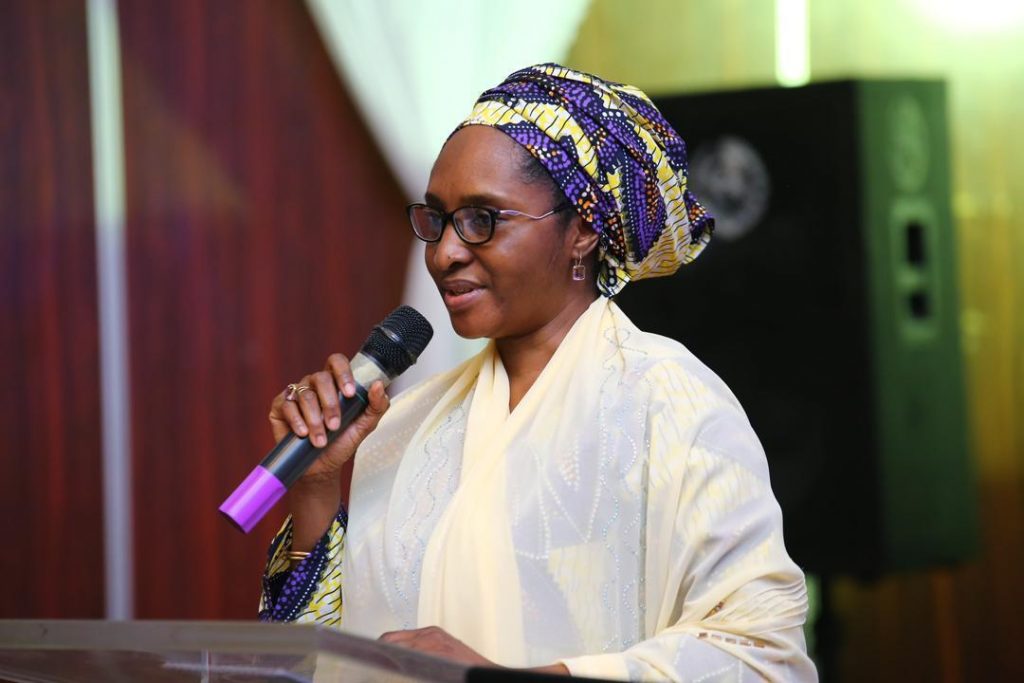The Federal Government says it is processing $750 million World Bank loan for state governments to stimulate local economy and support vulnerable household’s consumption.
The Minister of Finance, Budget and National Planning, Mrs. Zainab Ahmed, who stated this at the inauguration of the Federal Steering and Technical Committees of the Nigeria COVID-19 Action Recovery and Economic Stimulus (N-CARES), in Abuja, said “the loan is part of windows of opportunities to mitigate the effect of COVID-19.”
Ahmed maintained that the diverse and severe impacts of the COVID-19 pandemic had continued to be felt across the world with significant consequences on informal businesses, households that survive on daily income and the peasant farmers, who depended on their farm produce to survive.
“This key population make up over 60% of our entire population in Nigeria, hence the need to cushion the effects of the pandemic on the vulnerable sectors through the provision of palliatives and stimulus package,” she added.
The minister observed that the Federal Government had created several windows of interventions as captured in the Economic Sustainability Plan (ESP) inaugurated by President Muhammadu Buhari on March 30.
Ahmed added that, among other things, the ESP was to respond robustly and appropriately to the challenges posed by the COVID-19 pandemic as well as to identify fiscal measures to enhance oil and non-oil government revenues and reduce non-essential spending.
According to her, the Steering Committee was made up of carefully selected ministers and permanent secretaries, while the Technical Committee, made up of directors of key MDAs, had to be in place to ensure that the implementation of the N-CARES was in line with Federal Government priorities, as outlined in the Economic Sustainability Plan.
“Government has carefully selected you as members of the Federal Steering and Technical Committees because of the important roles your MDAs play in the recovery of the Nigerian economy as well as the fulfillment of lifting 100 million people out of poverty, and I have no doubt you can deliver” she maintained.
The major role of the Federal Steering committee would be to provide an overall policy direction for the implementation of N-CARES programme and advise the President appropriately.
The Federal Technical Committee would be responsible for the programme oversight, overall guidance, support, coordination, strategic direction, review and approval of the annual work programme as well as budget for the Federal CARES Support Unit (FCSU).
For Ahmed, inaugurating the committee was important because of the need for emergency intervention and the fact that Nigeria, as the biggest economy in Africa, could not afford to remain in recession.
“The survival of over 200 million population is germane to all we do, as such, we must address the concerns of the majority of our populace,” she added. She reminded the committee about the high consequences that could be of the root cause of rising civil unrest in the country was ignored.
Earlier, Prince Clem Ikanade Agba, Minister of State, Budget and National Planning, in his welcome address, had said that the N-CARES programme was a multi-sectoral programme, designed to provide immediate emergency relief to the vulnerable and poor Nigerians, smallholder farmers and SMEs who were adversely affected by the Covid-19 pandemic.

